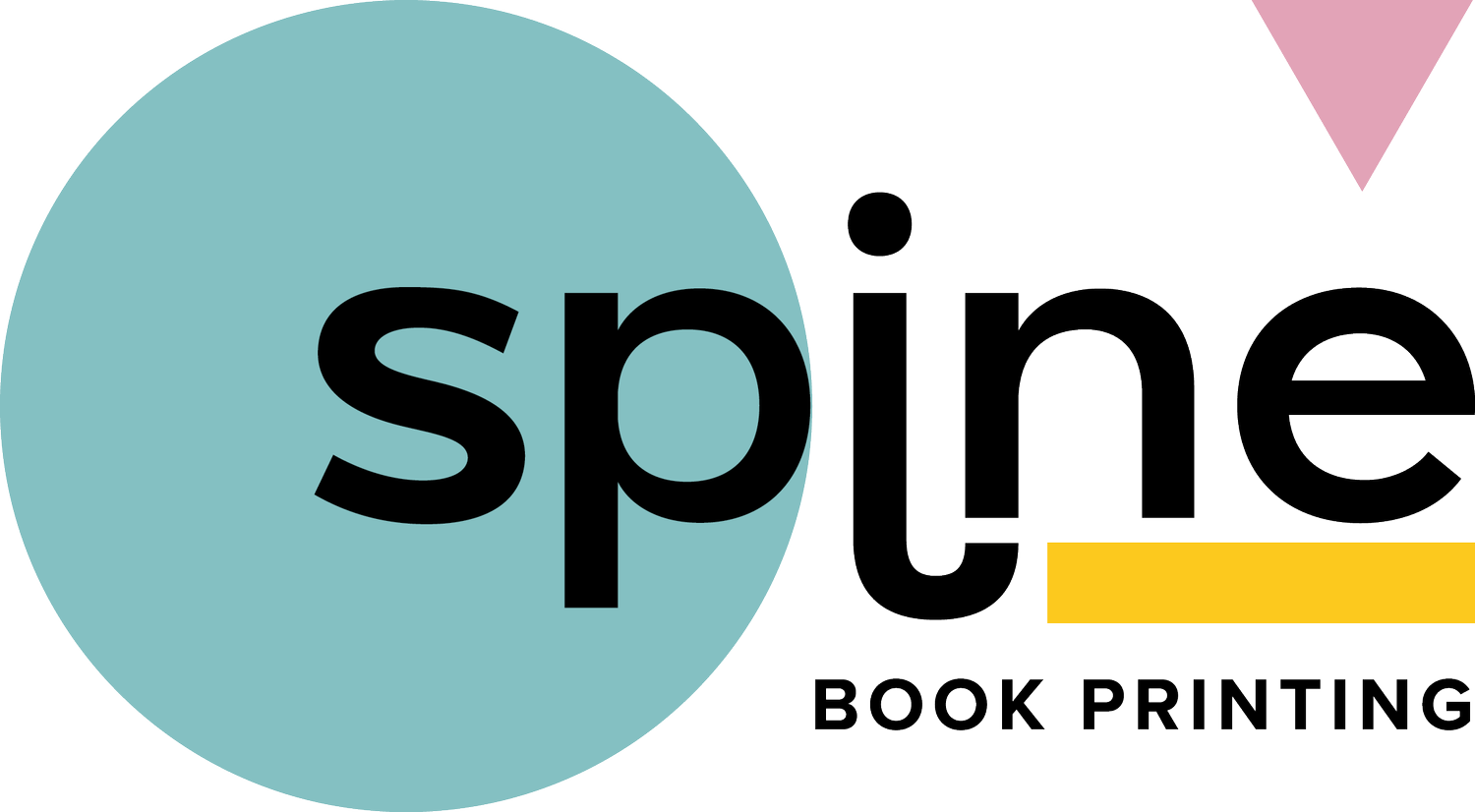Red Flags When Working With Book Editors
Finding a trustworthy book editor can be a turning point in a writer’s journey. A skilled editor doesn't just correct grammar and punctuation; they elevate a manuscript to new heights, adding depth and coherence to the author's vision. However, working with the wrong editor can lead to unnecessary stress and setbacks. Writers need to be vigilant about identifying potential red flags early in the relationship, ensuring their project progresses smoothly.
An editor should act as a guide, helping you navigate the challenging path of preparing a book for publication. Yet, not every editor is the right fit for every writer. Different expectations, working styles, and communication issues can lead to frustration and delays. Understanding the signs of a less than ideal partnership can save time and help maintain the integrity of your work. We will focus on some key warning signs when working with book editors and how to address these challenges.
Unreasonable Delays
Receiving feedback in a timely manner is crucial when working with a book editor. Continuous delays, without valid reasons, can signal a lack of commitment or organisation on the editor’s part. Consistent setbacks might not only impede progress but also affect your motivation and workflow. It's important to agree on a timeline from the outset and ensure that both parties are committed to it.
To avoid being stuck with a delayed project, ensure there’s a clear agreement regarding deadlines. Here’s how you can address potential issues with turnaround times:
- Set clear deadlines before commencing work to manage expectations.
- Regularly communicate about progress to keep both parties aligned.
- Have a contingency plan if delays seem inevitable, like seeking additional help or renegotiating deadlines.
By maintaining clear communication and a mutual understanding of timelines, the editing process can remain on track, minimising disruptions. Delays can happen, but how they are handled can reveal the professionalism of your editor.
Poor Communication
A key indicator of a potential problem with an editor is poor communication. Unanswered emails, vague feedback, or a general lack of responsiveness can make the editing process unnecessarily stressful. Editors who communicate clearly and consistently build trust and help ensure that your work retains its intended meaning and quality.
To foster good communication, strive to establish a seamless interaction right from the start. Consider these tips:
- Ask your editor about their preferred methods of communication—emails, phone calls, or virtual meetings—and stick to it for consistent dialogue.
- Be clear about your preferences for feedback: whether you prefer detailed notes or macro comments.
- Schedule regular check-ins, especially if the project is lengthy, to discuss ongoing progress and potential challenges.
Good communication keeps both you and your editor on the same page, ensuring a smoother collaboration. Without it, misunderstandings may arise, leading to frustration and a potential compromise on the quality of your manuscript.
Lack of Transparency in Fees
One of the most frustrating aspects of working with an editor can be surprise costs. A lack of clear fees can strain your financial resources and cause unwanted stress. When editors don’t clearly communicate their pricing or unexpectedly change their fee structures, it can create mistrust and complicate budget planning.
To avoid these issues, it’s wise to establish financial expectations upfront. Here are some steps to ensure fee transparency:
- Request a detailed quote that outlines costs for different services.
- Understand what the fee covers: is it just editing, or are there additional services involved?
- Get it all in writing, including the agreed-upon timeline and payment schedule.
Ensuring everything is documented can prevent future misunderstandings. An up-front discussion about cost will not only help manage your budget better but also establish a professional and trusting relationship with your editor.
Dismissive Attitude Towards Your Vision
Your book is your creative expression, and an editor should respect and enhance your vision, not overshadow it. A dismissive attitude from an editor can be disheartening and might alter your story in ways you didn't intend.
To determine if an editor respects your creative direction, look for certain signs:
- They seek to understand your objectives and ask questions about your vision for the book.
- Feedback is constructive, aiming to align with your style while improving it.
- They offer suggestions rather than imposing changes, allowing you to decide what fits your narrative.
If you feel your editor is steering you away from your vision, having an open conversation about expectations can help. Remember, this collaboration should enhance your voice, not change it.
Conclusion: Trusting the Right Partner
Choosing the right book editor is a crucial step in bringing your manuscript to life. An ideal editor respects your timeline, communicates effectively, and remains transparent about costs. They should understand your vision and work with you to refine your story without pressing their ideas onto it. By identifying and avoiding these red flags, you can find an editor who elevates your work while maintaining its essence.
Beyond editing, consider partnering with a reliable book print service to complete the process smoothly. Reliable services provide peace of mind, knowing your book will be handled with care and professionalism every step of the way.
If you're ready to take the next step in bringing your manuscript to fruition, let Spine Book Printing offer you a seamless and professional Book Print Service. We handle each project with the same care and attention to detail as you have in writing it. Explore your options for a smooth, high-quality printing experience today.

